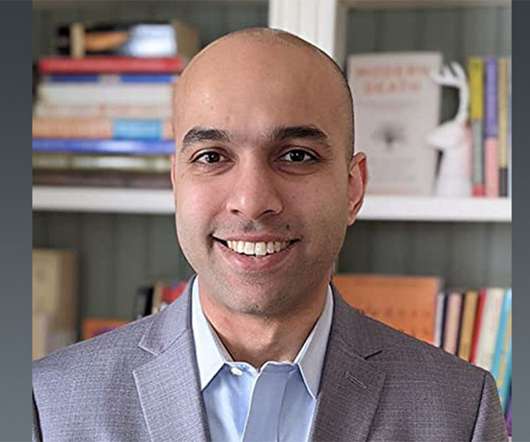What can we learn from simulations? Amber Barnato
GeriPal
FEBRUARY 9, 2023
I think the first time I noticed it was, like as a medical student when you would rotate on one service with one attending and they would make decisions about how to treat a case one way. They look at the signs and symptoms, they do a physical exam, maybe some lab tests or some imaging. Amber: Norm is, yeah. Would she want CPR?











Let's personalize your content